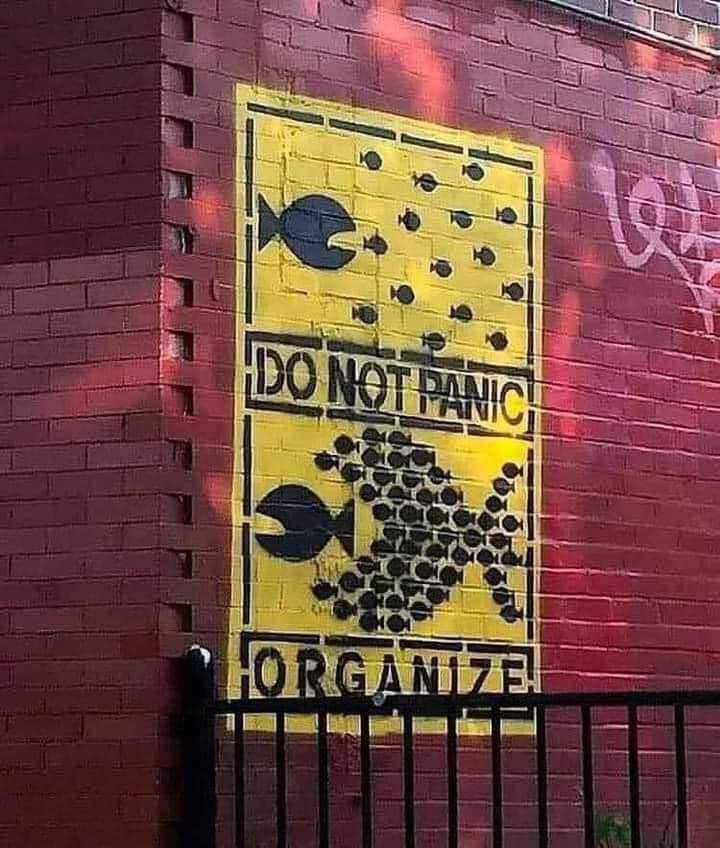The #OMN (Open Media Network) is composting in tech, it is a process of recycling and repurposing digital resources and technologies in a sustainable and environmentally conscious manner. As composting in agriculture involves breaking down organic matter into nutrient-rich soil, composting in tech involves reusing and repurposing digital assets and technologies to create new value and reduce waste.
* Reuse of Code: Instead of reinventing the wheel, developers should reuse existing code and software components to build new applications and platforms. This approach reduces duplication of effort and promotes community and efficiency in software development.
* Repurposing Digital Content: With media and content creation, composting in tech involves repurposing existing digital content (such as articles, videos, or podcasts) to create new linking content and derivative works. This practice helps extend the lifespan of digital assets and reduce the need for constant creation of “new” generic content.
* Open Source and Collaboration: Embracing #4opens principles and collaborative development models is a form of composting in tech. By sharing code, knowledge, and resources openly, developers collectively improve and build upon existing technologies, growing innovation and sustainability in the tech ecosystem.
* Circular Economy in Tech: Composting in tech aligns with the principles of a circular economy, where resources are used, reused, and recycled to minimize waste and maximize use. By applying this concept to digital technologies, #OMN promotes a sustainable approach to tech development and consumption.
“Composting in tech” reflects a mindset of sustainability, resourcefulness, and responsible stewardship of digital resources within the #openweb, it’s a path we need to take.

The mess we need to compost:
* Arrogance and Ignorance: In alternative and grassroots movements, there is a recurring problem where people displaying arrogance and ignorance. This hinders progress and collaboration within these movements. At a time when there’s a growing need for successful examples to inspire larger, more #mainstreaming alternative and progressive movements. Addressing these issues becomes important.
* Challenge of “Stupid” Individualism: #Stupidindividualism refers to the pervasive influence of individualistic thinking promoted by #neoliberal ideology. This mindset undermines collective action and makes it difficult to build alternative tech and social projects that prioritize community over individual gain.
* Vertical vs. Horizontal Structures: Hierarchical thinking (“vertical”) disrupts egalitarian structures (“horizontal”) within movements. This disruption contributes to a cycle of destruction and rebuilding, making it challenging to maintain momentum and achieve lasting change that is needed.
* Affective Direct Action: This type of activism emphasizes emotional engagement and personal connection to issues. This experience underscores the cyclical nature of social and political challenges and highlights the importance of addressing underlying issues for meaningful and lasting change.
* Capitalism as the Root Problem: The solution, involves stepping away from capitalist structures. This requires a combination of strategies, including non-violent resistance and, in some cases, revolutionary action.
Addressing the challenges faced by alternative and grassroots movements requires collective action, strategic thinking, and a rejection of individualistic and hierarchical ideologies. It involves creating spaces where collaboration and community-driven solutions can thrive, ultimately working federating these to works towards a more equitable society.

Discover more from Hamish Campbell
Subscribe to get the latest posts sent to your email.